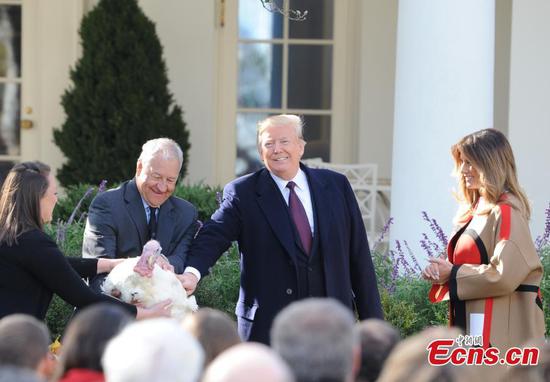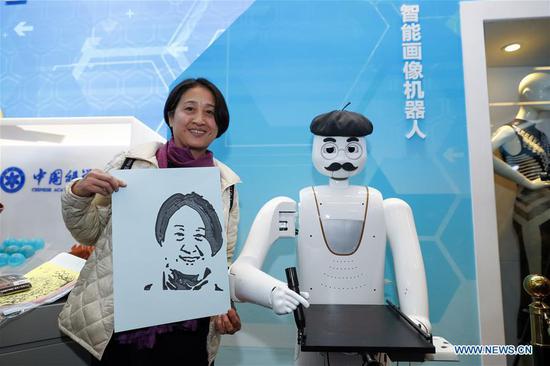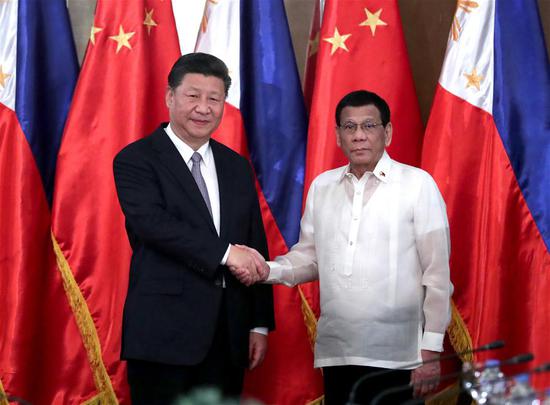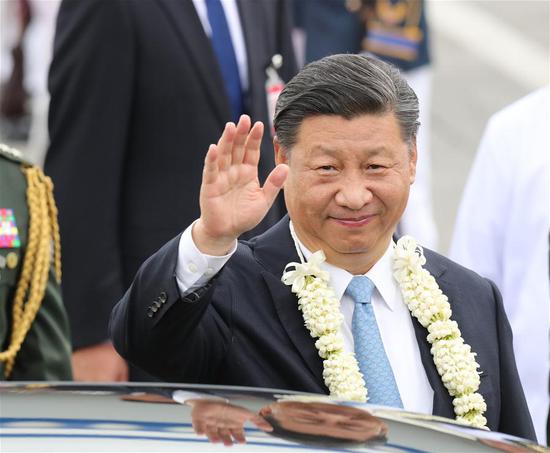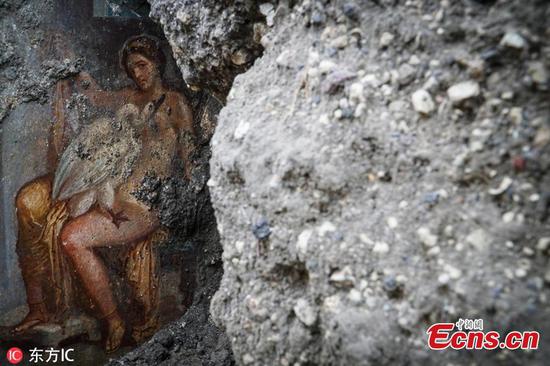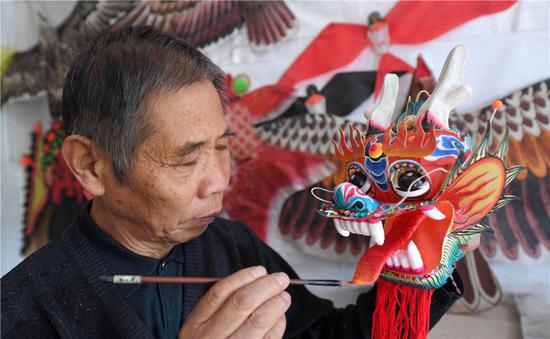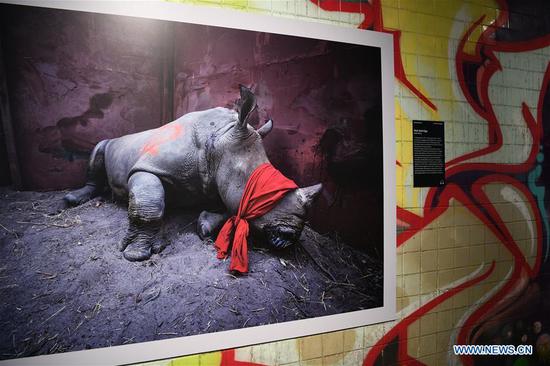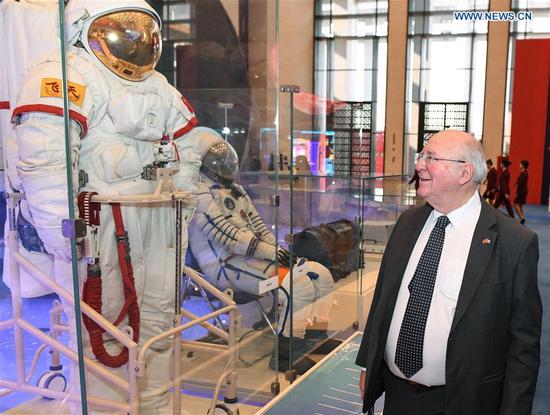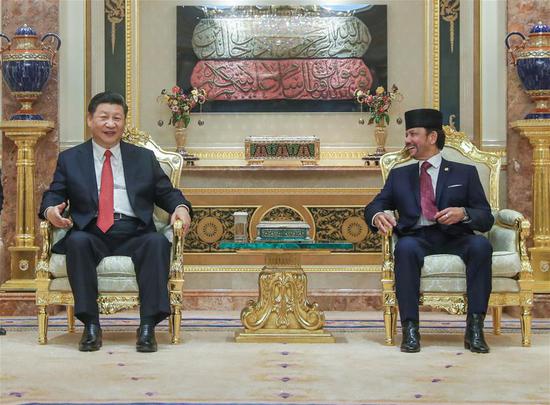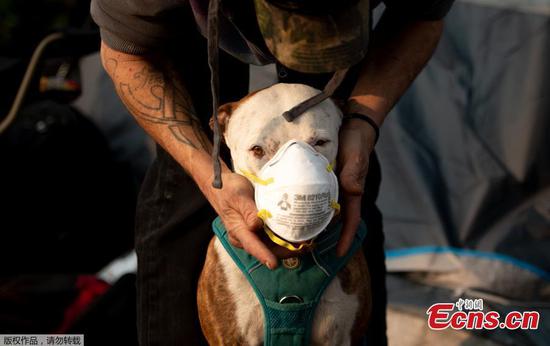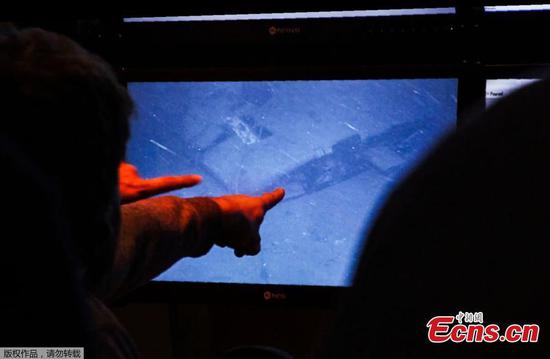Nissan Motor Co. Chairman Carlos Ghosn is suspected of having been provided with houses in four different countries purchased by Nissan but without legitimate business reasons, sources close to the matter said Tuesday.
The revelations came as his alleged financial transgressions have widened since his arrest a day earlier for under-reporting his earnings, and now involve allegations that, along with being involved with the shady use of the firm's overseas properties, the automotive industry heavyweight may have also duped other executives out of their pay.
The overseas houses in question, according to the sources, are located in Rio de Janeiro, Beirut, Paris and Amsterdam and the costs should have been recorded in securities reports as part of Ghosn's hefty remuneration package received from Nissan, Tokyo prosecutors said.
According to Japan's public broadcaster NHK, Nissan, it is claimed, paid billions of yen in costs to a third party company that owns the houses and it is believed that Ghosn himself paid only a fraction of the rent.
Among his alleged financial improprieties, including understating his pay package by a total of around 5 billion yen (44 million U.S. dollars) over a five year period from 2011, in violation of Japan's Financial Instruments and Exchange Act, the 64-year-old, made no mention in his financial report to the Tokyo Stock Exchange of his potentially dodgy use of the firm's overseas properties and their financing.
Nissan has said that it will dismiss Ghosn, who is also chairman of Renault SA and Mitsubishi Motors Corp., as chairman, at a board meeting among multiple "serious misconducts," and believes the undeclared earnings were used for personal reasons by Ghosn.
Greg Kelly, a representative director at Nissan, was also arrested Monday on allegations of violating Japan's Financial Instruments and Exchange Law and Nissan has said Kelly will also be dismissed for his involvement in improper financial practices in direct cahoots with Ghosn.
Ghosn's improprieties, according to Nissan, came to light several months ago, following a whistleblower reporting the chairman's misconduct and an internal investigation being launched thereafter.
Ghosn, as the scandal continues to widen, is also alleged to have pocketed money allocated for other executives at Nissan, sources here said Tuesday.
According to the latest revelations, Nissan Motor previously used to pay to its executives nearly 1.01 billion yen (9 million U.S. dollars) less than the amount its annual shareholders' approved.
Tokyo prosecutors suspect that part of the amount may have been pocketed by Ghosn himself as every year the actual amount paid to the executives was one third less than was agreed by the shareholders.
Ghosn was reportedly in control over who and how much the executives got paid.
Ghosn, a heavyweight game-changer in the auto industry and formally revered in Japan for his effective turnaround of Nissan from near-bankruptcy to a thriving company and highly regarded by his employees and international peers, was paid a whopping 1.098 billion yen (9.77 million U.S. dollars) for the financial year ended March 2017 and 735 million yen (6.54 million U.S. dollars) for the following year, Nissan's annual securities reports showed.
While Ghosn's somewhat exorbitant salary raised some eyebrows in both the domestic and international automotive industry, his unique ability to implement harsh but effective cost-cutting measures to turn Nissan around and apply the same sense of adroit to the automotive alliance he was responsible for, made him worth every penny, industry insiders asserted, prior to his arrest.
In 1999, Ghosn, a French citizen who was born in Brazil, became Nissan's chief operating officer and was charged with boosting the at-the-time ailing automaker's market and profit margins, under a capital alliance with Renault.
In 2000, Ghosn was promoted to president of Nissan and turned the automaker around through cost-cutting and restructuring measures, including the closure of some of the firm's plants.
Ghosn had previously convinced shareholders he would stay with the automaker until it had been fully rehabilitated.
Continuing with his aggressive cost-cutting and streamlining measures, he became Renault's CEO in 2005 and advocated for joint procurement and development under the Nissan-Renault alliance.
Nissan's headquarters in Tokyo's neighboring Yokohama were raided on Monday by the Tokyo District Public Prosecutors' Office for evidence related to the allegations against Ghosn, which have sent shock waves not just through Japan, but the global auto industry.
The Tokyo prosecutors, however, have not disclosed whether Ghosn and Kelly have admitted to their allegations yet or not.
Ghosn, if found guilty of violating the financial law, could be facing punishment of up to 10 years in prison, a fine of up to 10 million yen (89,000 U.S. dollars), or both.
A fine of up to 700 million yen (6.23 million U.S. dollars) can also be slapped on companies under the law.
The shocking fall from grace for Ghosn has once again highlighted Japan's growing need for improved corporate governance, particularly in its scandal-plagued manufacturing sectors, and for inherent and time-honed fraudulent practices to be eradicated by executive power being decentralized and checks and balances upheld from shop floors to boardrooms, industry insiders maintain.
Japan's Industry Minister Hiroshige Seko said Tuesday that Nissan Motor must "take a frank and honest look at improving governance," adding that he was "deeply disappointed with what's happening."
"I want Nissan to have thorough discussions on governance in the third-party panel that the board plans to set up," Seko was quoted as telling a press briefing on the matter.
As for Ghosn's alleged financial improprieties and subsequent arrest, Seko said the whole matter was "extremely regrettable."









